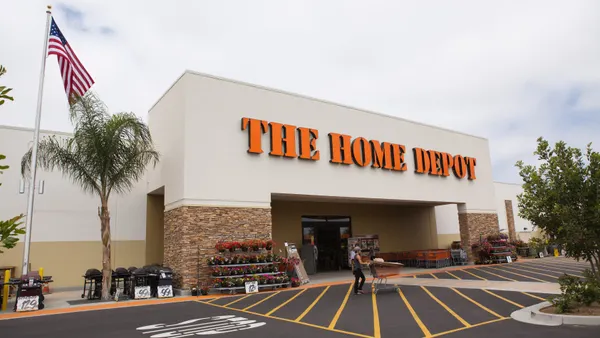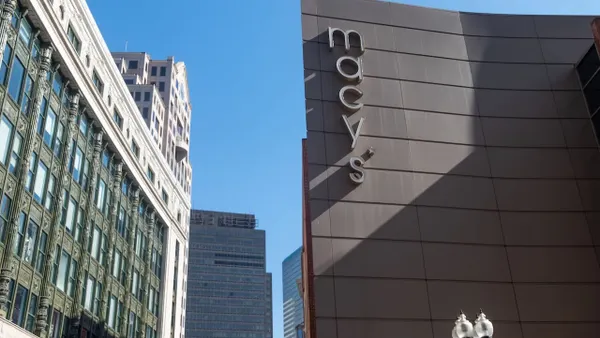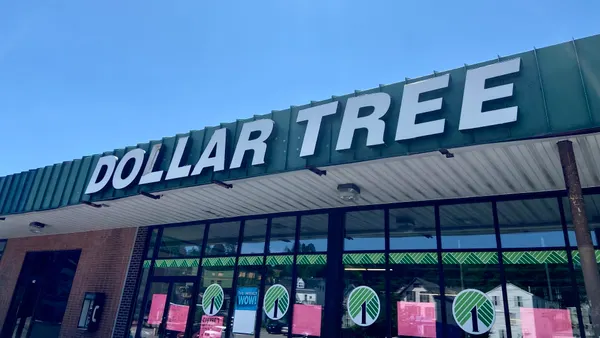Since first releasing this series in November 2018, we have updated our analysis on private equity's record in retail based on recent Chapter 11 filings and Moody's ratings data. You can find the latest here.
In the hands of investors, money — like bacteria — has no overriding purpose beyond reproducing itself.
As retail consultant Nick Egelanian, president of retail development consultants SiteWorks, put it in an interview: "Think of money as an amoral force in the world. It's not good, it's not bad. It has one purpose: Money wants to grow, and money wants to protect itself."
Private equity investors are money people. While they might specialize in overseeing businesses and trying to make management more efficient — in ways far more hands-on than most investors in publicly held companies — their goal is to bring returns on the capital their clients put up. They fuel their buyouts with debt, because it has proven profitable. They expand store bases and other operations (also frequently with debt) because the growth can make for a profitable sale or IPO of the purchased company.
Put simply, it's not in a private equity firm's job description to ensure the success of a business beyond the investment horizon. So perhaps it should not come as a surprise to see alarming numbers of private-equity owned retailers filing for Chapter 11 — more than 15% of all private equity acquisitions since 2002, in Retail Dive's analysis — and still more in financial distress.
To get a deeper view into the broad effects that private equity investment has had on the contemporary retail industry, Retail Dive collected data provided by Debtwire, Pitchbook, Moody's, CreditRiskMonitor and other sources, as well as our own research. The goal was to build as comprehensive a list as possible of private equity acquisitions of retailers relevant to our audience going back more than 15 years. We then tried to track outcomes of those mergers by looking at credit ratings, Chapter 11 filings, and how and if private equity firms exited their investments.
In retail, private equity has found a cyclical — and, lately, volatile — but cash-heavy industry. As John Potter, PwC's U.S. consumer markets leader, pointed out in an interview, the industry's cash generation has made it attractive to private equity. That's because acquirers can put that cash back into the business to grow it as well as pay themselves through dividends and fees. Potter also points to what he describes as the "mismatch of capital" in the industry — i.e., the shift in much of retail from an asset-heavy (think real estate) to an asset-light model. That's capital that can be reinvested into the business, too — or paid out to private equity investors.
Yet even when private equity invests in retail, it can produce unstable results in the long run. As just one example, BC Partners acquired PetSmart in a record-setting leveraged buyout. PetSmart then followed up with another record-setting, debt-financed acquisition, that of Chewy, to expand the pet product retailer's e-commerce operations. While Chewy has proven a point of growth, and PetSmart is not an immediate bankruptcy risk, the retailer has reportedly been working with advisers to reduce its debt, which Moody's this year downgraded to distressed territory.
To take another example, after its buyout by Bain Capital, Gymboree rapidly started building out a discount store line that ultimately proved a major burden on the company as it cannibalized other retail banners. Unable to manage its debt any longer, Gymboree went into Chapter 11 last year, though it's since emerged under new ownership.
Debt-fueled buyouts and expansions can be a straightforward recipe for financial distress. At the very least, they leave very little margin for error, especially in retail, where margins for error — and margins of all other sorts — are already narrow.
Views on private equity's impact on retail will likely keep evolving. The ultimate historical record will no doubt take into account how many more leveraged buyouts go bankrupt in the coming years — and there will be more.
Making definitive statements, though, is hard given the difficulties in teasing out causes from effects. In the series outlined below, we've shared key highlights from our analysis. By digging into data, we knew we couldn't settle the discussion around private equity investment in the industry. Instead, we wanted to tell a deeper, more detailed story about Wall Street's relationship with retail than we could through anecdote.
The Series
- Buyouts
The money 'explosion'
Over the past 20 years, leveraged buyouts in the industry have come in two big waves as Wall Street investors sought higher returns and took advantage of cheap debt.
- Bankruptcy
The road to bankruptcy
Retail Dive analysis found that more than 15% of retailers acquired by private equity firms over the past 15 years have filed for Chapter 11, including major names like Toys R Us and Sports Authority.
- Acquisitions
The biggest buyouts
The largest private equity acquisitions include some household names — PetSmart, Dollar General, Staples and Toys R Us among them. Some were successfully resold. Others have struggled or gone bust.
- Investments
The hungriest acquirers
A handful of investment firms have bought up dozens of companies, building retail expertise and also leaving a not-insignificant trail of bankruptcies in their wake.
- Overloaded
The debt-burdened retailers
Saddled with loans and bonds that funded their acquisitions, virtually no private equity-owned company has a credit rating to write home about.















